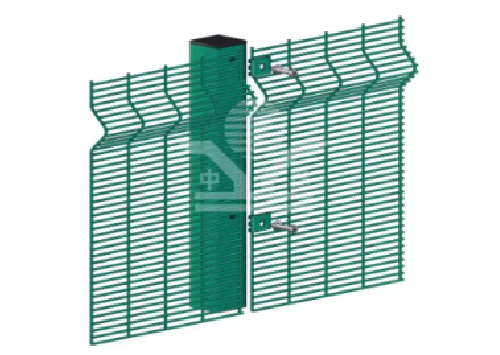

Гру . 19, 2024 10:45 Back to list
The Mobile Eddy Current Separator A Revolutionary Approach to Waste Management
In an era where environmental concerns dominate global discussions, innovative technologies are emerging to address issues related to waste management and resource recovery. One such advancement is the mobile eddy current separator (MECS), a device that has revolutionized the way materials are sorted and reclaimed from waste streams. This article will delve into the operation, advantages, and applications of mobile eddy current separators in today’s waste management landscape.
Understanding Eddy Current Separation
Eddy current separation is a non-ferrous metal separation process that exploits the conductive properties of metals. When a conductive material is subjected to a changing magnetic field, it generates eddy currents, which produce their own magnetic fields in opposition to the original field. This effect allows for the effective separation of non-ferrous metals, such as aluminum and copper, from other materials. The traditional installation of an eddy current separator can be fixed and located within a broader recycling facility, but the mobile version enhances accessibility and efficiency.
The Rise of Mobile Eddy Current Separators
Mobile eddy current separators have gained attention due to their versatility and effectiveness in various applications. Designed for flexibility, they can be easily transported to different locations based on project needs. This mobility allows them to handle waste materials on-site, minimizing transportation costs and reducing carbon footprints associated with hauling waste to processing facilities.
Key Advantages of Mobile Eddy Current Separators
1. Enhanced Efficiency Mobile eddy current separators can rapidly process large volumes of waste, significantly improving the speed of material recovery. Their ability to sort non-ferrous metals quickly and accurately makes them highly efficient tools in any recycling operation.
2. Cost-Effectiveness By conducting on-site processing, companies can save on transportation costs and labor necessary for moving waste materials to a fixed sorting facility. The reduced need for logistics also translates to lower overall operational costs.
3. Flexible Operations The ability to relocate the separator means operators can adjust to varying waste streams and specific project requirements. This adaptability enables recycling facilities to pivot quickly as market demands change, making them more resilient economically.

4. Reduced Environmental Impact By minimizing transportation distances and allowing for immediate processing of waste materials, mobile eddy current separators contribute to lower greenhouse gas emissions. This aspect aligns with global efforts to achieve sustainable waste management practices.
5. User-Friendly Design Most mobile eddy current separators are designed with ease of operation in mind. They often come equipped with intuitive controls and automation features, enabling operators to monitor and manage the separation process efficiently.
Applications in Various Industries
Mobile eddy current separators find applications across several sectors. They are particularly effective in the following industries
- Construction and Demolition In the construction sector, debris often contains valuable metals that can be recycled. Mobile MECS units allow contractors to process material directly at the site, ensuring essential metals are recovered without adding to landfill waste.
- Municipal Waste Management Municipalities can benefit from using mobile separators at waste collection points. This approach can enhance recycling rates and reduce contamination levels in recyclable materials.
- Automotive Recycling As vehicles reach the end of their life cycle, they are deconstructed for parts. Mobile eddy current separators enable the efficient recovery of metals from shredded car bodies and components, promoting a circular economy.
- Electronic Waste With the growing prevalence of electronic devices, e-waste is becoming a significant issue. Mobile MECS units can assist in recovering valuable metals from discarded electronics, supporting responsible electronics recycling.
Conclusion
The mobile eddy current separator represents a significant advancement in the field of waste management and recycling. Through its portable design, efficiency, and versatility, it not only improves material recovery rates but also supports sustainable practices. As more industries recognize the importance of effective waste management solutions, the adoption of technologies like mobile eddy current separators will play a crucial role in creating a greener future. By integrating these innovations into waste management strategies, we can work towards a more sustainable and resource-efficient society.
Latest news
Troubleshooting Common Eddy Separator Problems
NewsJul.04,2025
The Role of Metal Recycling Plants in Circular Economy
NewsJul.04,2025
The Impact of Recycling Line Pickers on Waste Management Costs
NewsJul.04,2025
Safety Features Every Metal Shredder Should Have
NewsJul.04,2025
How Industrial Shredders Improve Waste Management Systems
NewsJul.04,2025
How Cable Granulators Contribute to Sustainable Recycling
NewsJul.04,2025